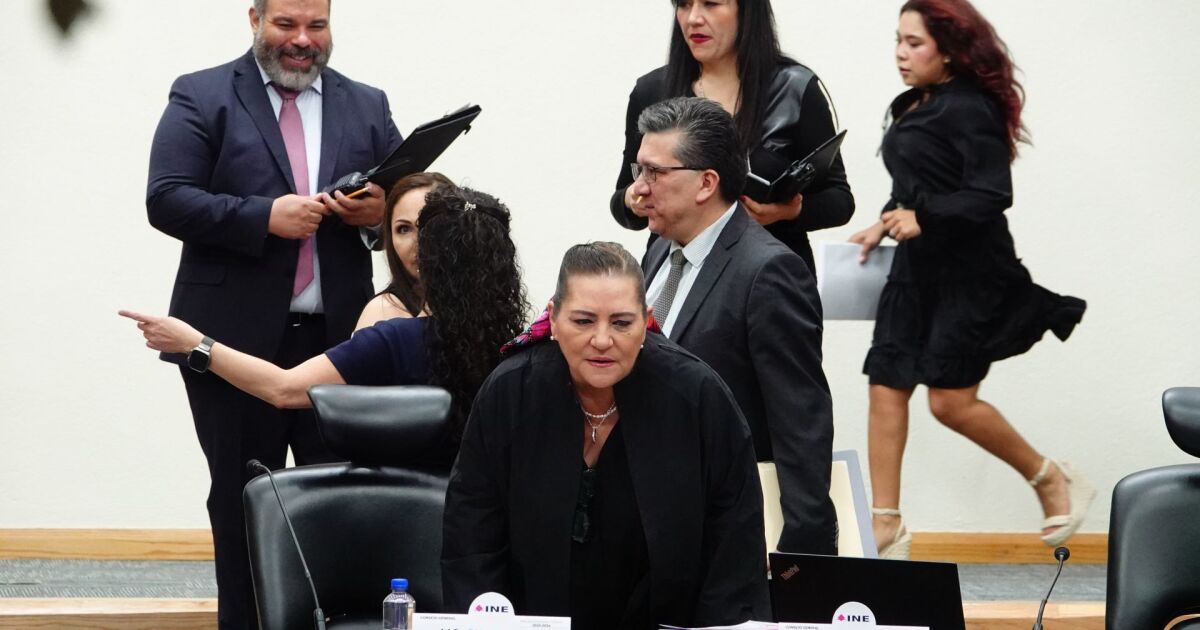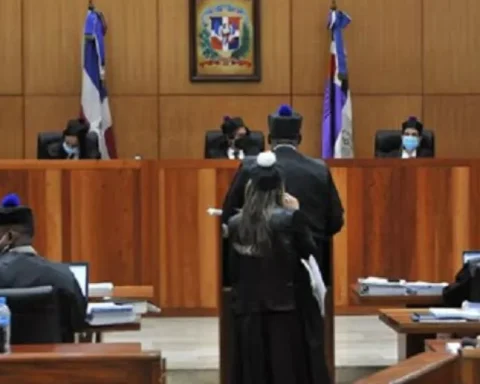“We extend our deepest recognition to the INE councilors who voted in favor of respecting the plurality of the vote of Mexicans: Jaime Rivera Velázquez, Martín Fernando Faz Mora, Dania Ravel Cuevas and Beatriz Claudia Zavala Pérez,” said Marko Cortés, leader of the National Action Party (PAN).
“With reason on our side, we will go to the Electoral Tribunal to prevent Morena’s greed and its overrepresentation in the Congress of the Union,” he added.
For his part, Salomón Chertorivski, who ran for the Government Headquarters with Movimiento Ciudadano (MC), said that Councilor Zavala has shown that it is possible to make a more intelligent, and above all, complete, reading of the Constitution.
“These are the decisions that create or destroy the electoral authority in Mexico,” he said.
Xóchitl Gálvez, former presidential candidate, said she will file a citizen lawsuit against the INE’s decision.
The opposition and businessmen claim that the distribution of plurinominal seats had to be done by party and not by coalition, since that would give the ruling party an overrepresentation. However, the ruling party maintained that the Magna Carta stipulates the distribution by coalitions.
After a long session that lasted seven hours, the National Electoral Institute (INE) confirmed that Morena and its allies will control 364 seats in the lower house after the June elections, far exceeding the threshold to achieve the qualified majority of 334 seats, which allows it to make amendments to the Constitution without the need for consensus.
In the Senate, the ruling party will control 83 of the 128 seats, just below the threshold of a qualified majority of 85 seats.
“The INE does not take away or give away seats in the House of Representatives or Senate. The only one who can do so is the citizens with their vote,” said the president of the INE, Guadalupe Taddei, during the extraordinary session on Friday.
For the period beginning on September 1, Morena plans to approve the first part of twenty constitutional changes proposed by President Andrés Manuel López Obrador, including a controversial reform to the Judicial Branch that will allow magistrates and judges to be elected by popular vote and that has hit the markets.
Other amendments include eliminating autonomous bodies and reforming the electoral arbitrator so that its councillors are elected by popular vote and plurinominal deputies disappear. The changes would take place before October 1, when Claudia Sheinbaum will take office as the first female president in the history of the Latin American country.
“The allocation of seats proposed in this draft agreement does not objectively reflect the plurality that citizens expressed on June 2,” said Councilor Claudia Zavala, when presenting a proposed modification to the allocation of proportional representation positions that was not endorsed by the majority of the 11 INE councilors.
-With information from Reuters.

















